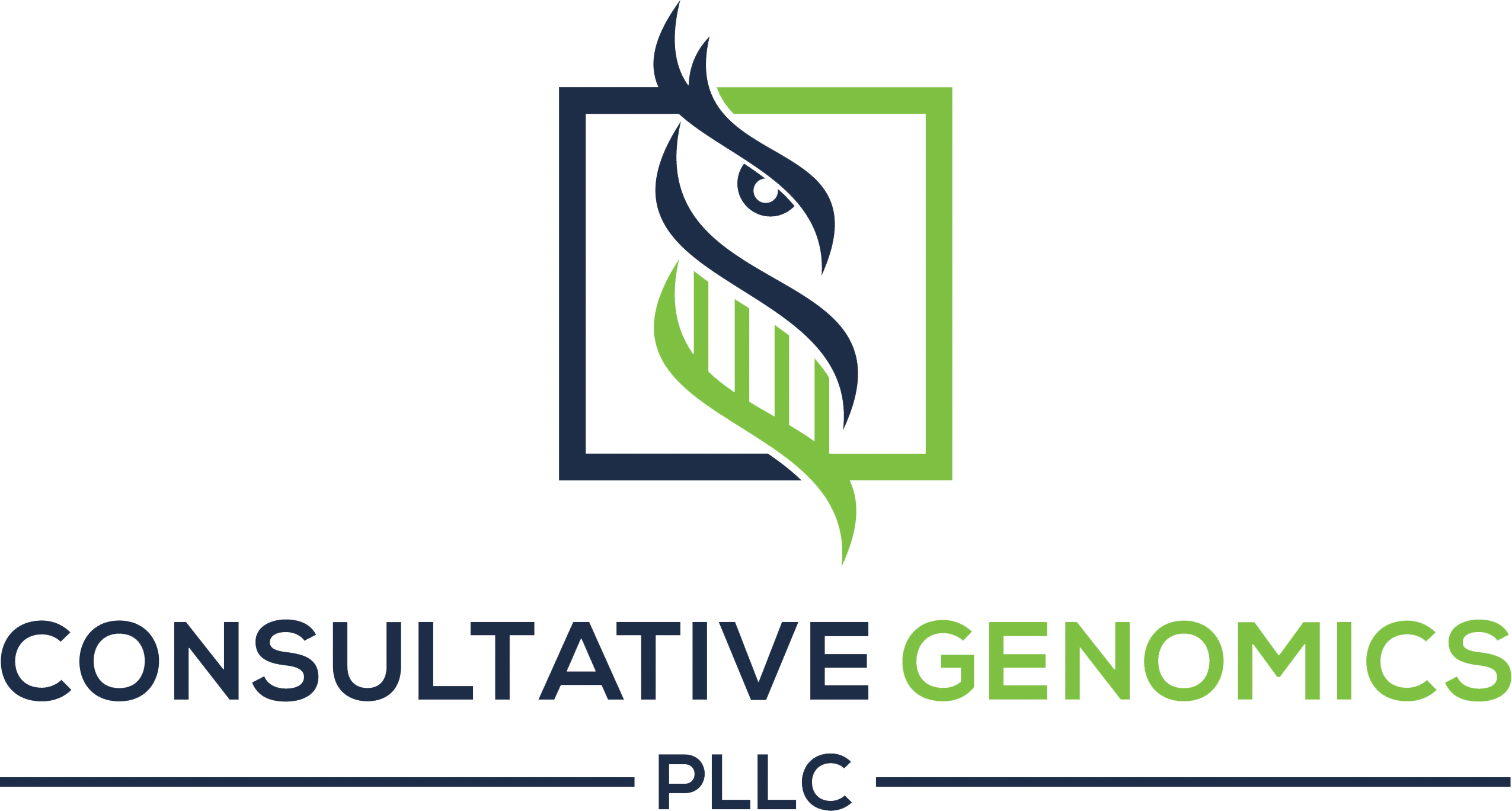Immunology
Improving Diagnosis, Treatment, and Follow-up Strategies for Patients and Their Families.
Healthcare providers understand: if a patient’s immune system is not functioning properly, it can result in a variety of undesirable conditions, such as autoimmunity, allergy, and even cancer. It is also now becoming clear that immune responses contribute to the development of many common disorders not traditionally viewed as immunologic—including metabolic, cardiovascular, and neurodegenerative conditions such as Alzheimer’s.
Request Test
Finding out Early Whether a Patient Is Prone to Immune Dysfunction Could Save a Life.
Fast and accurate diagnosis of primary immunodeficiencies (PIDs) can be life-saving. Certain defects necessitate prompt medical responses, and many PIDs require personalized follow-up and supportive care to improve the outcome of affected patients. The information provided by Consultative Genomics genetic testing allows providers to better inform affected individuals and families about prognosis and optimal surveillance strategies, and may also guide therapy.
Through cutting-edge genetic testing, we can help you determine a patient’s risk factors based on their DNA, so you can mitigate future consequences by taking steps now.
Immunology Testing Might Be Right for:
• Individuals with a personal history of immune dysfunction.
• Individuals with a family history of immune dysfunction.
A precision-based genetic diagnosis of immunodeficiency can be a critical component in characterizing a variety of rare diseases. Genetic immunology testing can also improve treatment and follow-up strategies for affected patients and their families.
Moreover, identifying at-risk family members makes it possible for providers to develop early preventive treatments and/or lifestyle recommendations. These tests may also help make the case for routine follow-ups by healthcare professionals, and genetic diagnosis of immunodeficiencies can even support family planning.
More
Privacy Policy
Compliance
Contact
25003 Pitkin Rd,
Ste F-300 & F-600
Spring, TX 77386
+1 (866) 648-1117
All Rights Reserved 2021
More
Privacy Policy
Compliance
Contact
25003 Pitkin Rd,
Ste F-300 & F-600
Spring, TX 77386
+1 (866) 648-1117
